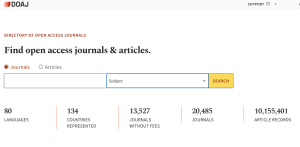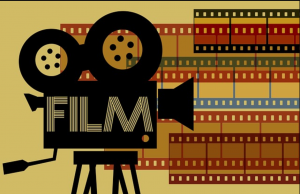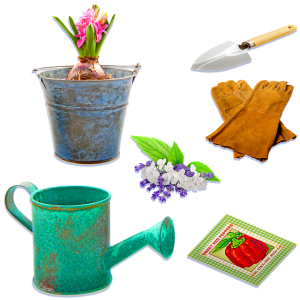You may not always have access to the subscription databases in the NOVA library so you should take the opportunity to explore them while you are associated with the College. In addition, you might want to learn about the open repositories where you can search for authoritative material from credible sources.
The open-access movement
Publishers of journals charge for access to scholarly articles. They use those fees to support their publishing efforts, creating the databases and platforms to which the NOVA library subscribes. There exists an international movement to make access to scholarly publications more equitable – open to those without the means to pay for this access.
Open online access to scholarly publications and data allows individuals to read online, download, save, print, and share that material while remaining complying with legal intellectual property rights ownership agreements (e.g., copyright). The Directory of Open Access Journals (DOAJ) allows researchers lacking access to subscription databases to discover journals that are “open.” The directory indexes and provides access to 2033 high-quality, open-access, peer-reviewed journals across diverse disciplines. If you don’t know the name of a specific journal, you can search by subject on the DOAJ site.

Open repositories
One way that authors “open” their works is by depositing them in an open repository. Anyone can search for scholarly research in these repositories, provided they know they exist.
Some repositories concentrate on a single subject, such as RePEc: Research Papers in Economies. Others cover multiple disciplines. Table 1 describes the differences among some of the more popular open repositories.
Table 1. Selected open repositories
| Repository | Description |
| CORE (core.ac.uk) | CORE (Connecting REpositories) “contains 298M open access articles collected from 11K data providers around the world.” |
| Dimensions (dimensions.ai) | The linked research knowledge system contains 143 million publications. Coverage includes life sciences, social sciences, physical sciences, and health sciences. |
| Google Scholar (scholar.google.com) | Web-based academic search engine covering multiple disciplines and sources (articles, theses, books) from academic publishers, professional societies, online repositories, universities, and other websites. |
| Internet Archive Scholar (scholar.archive.org) | “The fulltext search index includes over 35 million research articles and other scholarly documents… from digitized copies of eighteenth century journals through the latest Open Access conference proceedings and preprints crawled from the World Wide Web.” |
| OpenAlex (openalex.org) | Indexes “over 250M scholarly works from 250k sources, with extra coverage of humanities, non-English languages, and the Global South.” |
| PubMed (pubmed.ncbi.nlm.nih.gov) | “Comprises more than 37 million citations for biomedical literature from MEDLINE, life science journals, and online books. Citations may include links to full text content from PubMed Central and publisher websites.” PubMed Central “is a free full-text archive of biomedical and life sciences journal literature in the U.S. National Institutes of Health’s National Library of Medicine (NIH/NLM).” |
| Semantic Scholar (semanticscholar.org) | “Provides free, AI-driven search and discovery tools, and open resources for the global research community.” Indexes scientific literature: “Over 200 million academic papers sourced from publisher partnerships, data providers, and web crawls.” Academic publishers partnering with Semantic Scholar listed at https://semanticscholar.org/about/publishers. |
Preprint servers
Scholarly articles are generally peer reviewed. The peer-review process takes time; preprint repositories allow users to read publications submitted for peer review and await formal publication in a journal. Some of these articles will require revision as they go through the peer review process, so watch for updated versions of the work.
As with open repositories, some encompass preprints in multiple disciplines while others focus on a single subject, such as ChemRxiv for unpublished preprints in chemistry. A few of the most popular preprint servers include:
- Social Science Research Network (ssrn.com) provides approximately 1.4 million preprints and research papers in 70 disciplines.
- OSF preprints (osf.io/preprints) covers works on architecture, arts & humanities, business, education, engineering, law, life sciences, medicine & health sciences, physical sciences & mathematics, and social/behavioral science.
- eLife (elifesciences.org/subjects) features preprints in life sciences and medicine.
- ArXiv (arxiv.org) for nearly 2.4 million scholarly articles in physics, mathematics, computer science, quantitative biology, quantitative finance, statistics, electrical engineering and systems science, and economics.
- VeriXiv (verixiv.org) “publishes preprints of scholarly articles from all academic disciplines which report any basic scientific, translational, applied and clinical research (including quantitative and qualitative studies) that has been funded (or co-funded) by the Gates Foundation.”
The next time you must research a subject in preparation for writing an essay or term paper, consider trying one of these alternatives to subscription databases in the NOVA library. Getting accustomed to the differences in content and filtering options will improve your general research skills and prepare you for post-college research endeavors.




